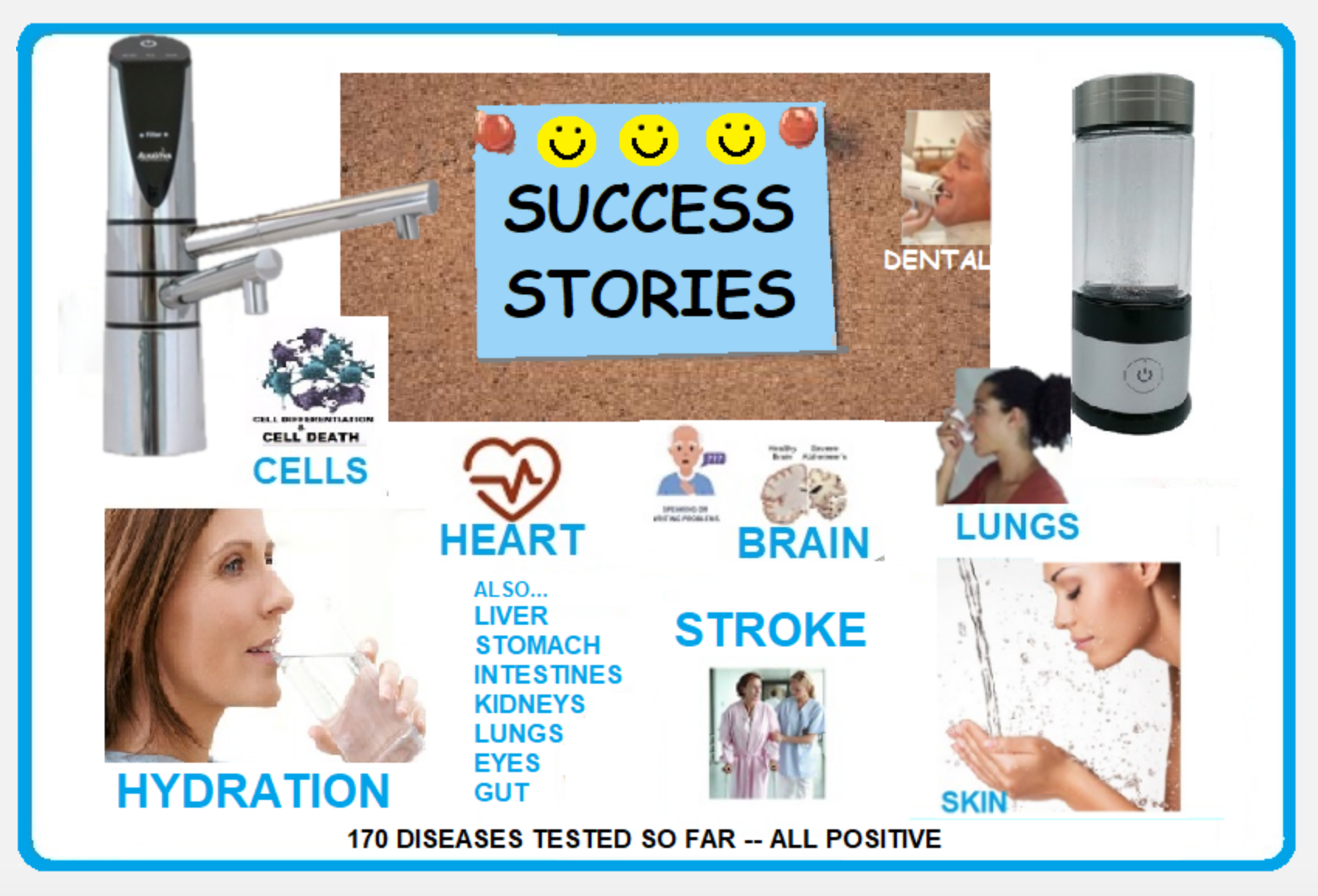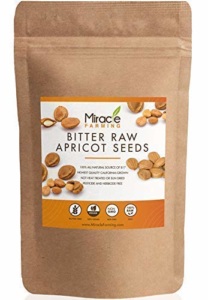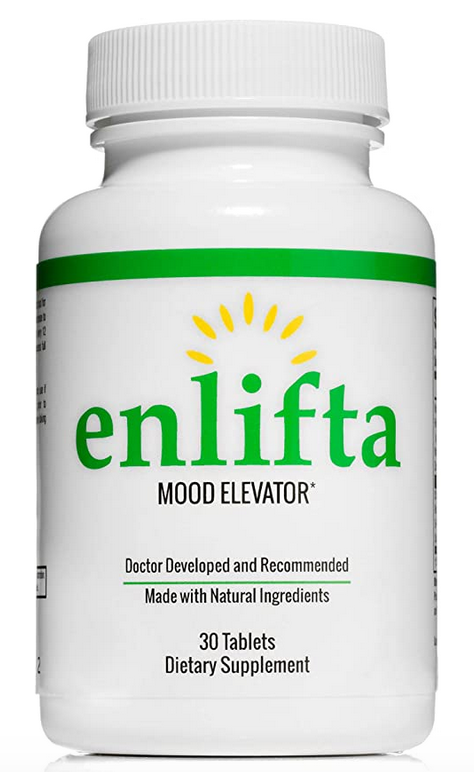
Alkaline Water Plus
Are there really any benefits to drinking alkaline water?
How Amazon steers consumers toward unproven and potentially dangerous products containing a fake vitamin called B17.
|
UPDATES
6/23/23: The FTC this week filed a lawsuit against Amazon accusing it of using manipulative design features called “dark patterns” to trick millions of consumers into enrolling in Prime and then making it difficult for consumers to cancel their auto-renewing memberships.
12/17/20: As of Dec. 14, “b17 vitamin for cancer” no longer appeared as a suggested search after typing “B17” into the search bar on Amazon.com. Amazon has yet to offer an official response despite multiple requests for comment by TINA.org. Our original article follows.
If you didn’t know that much about B17, you might think it could treat or cure cancer, based on the first autocomplete suggestion for “B17” on Amazon.com: “b17 vitamin for cancer.”
But Amazon’s attempt at completing your thought misses the target on multiple fronts.
First, B17 isn’t a vitamin. There are eight B vitamins and B17 isn’t one of them. Second, B17 hasn’t been proven to be effective “for cancer,” as the suggested search implies. Its use as an alternative cancer treatment was debunked in the 80s, along with scrunchies and acid wash jeans.
Moreover, the substance – which is found in the pits or seeds of many fruits, raw nuts and plants, and is also known as laetrile or amygdalin – could actually kill you due to its link to cyanide poisoning.
Yet Amazon is steering consumers toward these unproven and potentially dangerous products: Searching “b17 vitamin for cancer” yields no less than 232 results.
A closer look at the listings
A number of the B17 products Amazon is helping promote (and in some cases, getting paid to promote) are raw apricot seeds or kernels. These listings are full of testimonials from people who say the products helped treat or cure their or a loved one’s cancer. TINA.org looked into the listings after receiving a consumer tip.
 Take this listing for Miracle Farming’s bitter raw apricot seeds, an Amazon-sponsored product eligible for free shipping through Amazon Prime that appears prominently in the first row of search results. A February 2020 review states:
Take this listing for Miracle Farming’s bitter raw apricot seeds, an Amazon-sponsored product eligible for free shipping through Amazon Prime that appears prominently in the first row of search results. A February 2020 review states:
I used these to get rid of a skin cancer. Used as directed on the package. After a few weeks, I could see the cancer shrinking. After a few months, it’s completely gone. They taste terrible, but they’re supposed to. It’s so much better than copays and knives!
However, companies cannot make claims through consumer testimonials that they could not make directly. And only marketers of FDA-approved drugs can claim that their products treat or alleviate the symptoms of diseases and disorders.
A deeper deception
We often say that consumers need to do their own research when making purchasing decisions. In this case, Amazon is making that hard.
Among the more than 200 results for “b17 vitamin for cancer” are dozens of books with titles like “Freedom from cancer: The amazing story of vitamin B-17, or Laetrile” and “Cancer Cure Is Found: Laetrile is the answer.” Then there’s “World Without Cancer: The Story of Vitamin B17,” written by G. Edward Griffin, a conspiracy theorist who doesn’t believe HIV exists or that Lee Harvey Oswald killed John F. Kennedy. It was Griffin’s book that helped convince one consumer to ignore public health warnings and purchase Miracle Farming’s apricot seeds, according to a review she left on the product’s Amazon listing:
I purchased these kernels as part of a complementary cancer elimination program for my teenage son. Despite reading warnings on Google about the danger of ingesting cyanide and potential harm that apricot kernels could do, I read the books “World Without Cancer” and “Alive and Well” (both purchased on Amazon) as well as numerous personal testimonials related to healing and became determined to try them.
However, the dangers of ingesting apricot kernels that contain unsafe amounts of cyanide are well documented.
Cautionary tales
In 2016, the European Food Safety Authority warned that eating more than three small raw apricot kernels (or less than half of one large kernel) can “exceed safe levels” of cyanide, which can cause confusion, skin discoloration and low levels of oxygen that can lead to coma or death.
This past August, three people in New Zealand were hospitalized after consuming raw apricot kernels, while in 2017 an Australian man taking an apricot kernel extract as part of a prostate cancer treatment regimen ended up in the hospital with cyanide poisoning. Just last year, the FDA arrested a U.S.-based apricot seed vendor for repeatedly refusing to stop selling his products as a cancer cure in violation of a court order, after customers complained of “severe poisoning.”
None of this has stopped apricot seed sellers on Amazon from giving their own unfounded dosage advice. Miracle Farming recommends three to five seeds per serving, while Vitamins Plus Global advises consumers to limit themselves to “no more than 10 seeds in one day.”
The bottom line? When it comes to questions involving your health, Amazon may not have the right answers. You’re better off putting your trust in an experienced doctor or a resource like the National Cancer Institute than in an algorithm such as the one that powers Amazon’s suggested search feature.
TINA.org reached out to Amazon for comment. Check back for updates.
Find more of our coverage on Amazon here.
Our Ad Alerts are not just about false and deceptive marketing issues, but may also be about ads that, although not necessarily deceptive, should be viewed with caution. Ad Alerts can also be about single issues and may not include a comprehensive list of all marketing issues relating to the brand discussed.
Are there really any benefits to drinking alkaline water?
FDA targets supplement sellers on Amazon making unapproved disease-treatment claims.
Where’s the clinical proof for these “clinically proven” claims?

